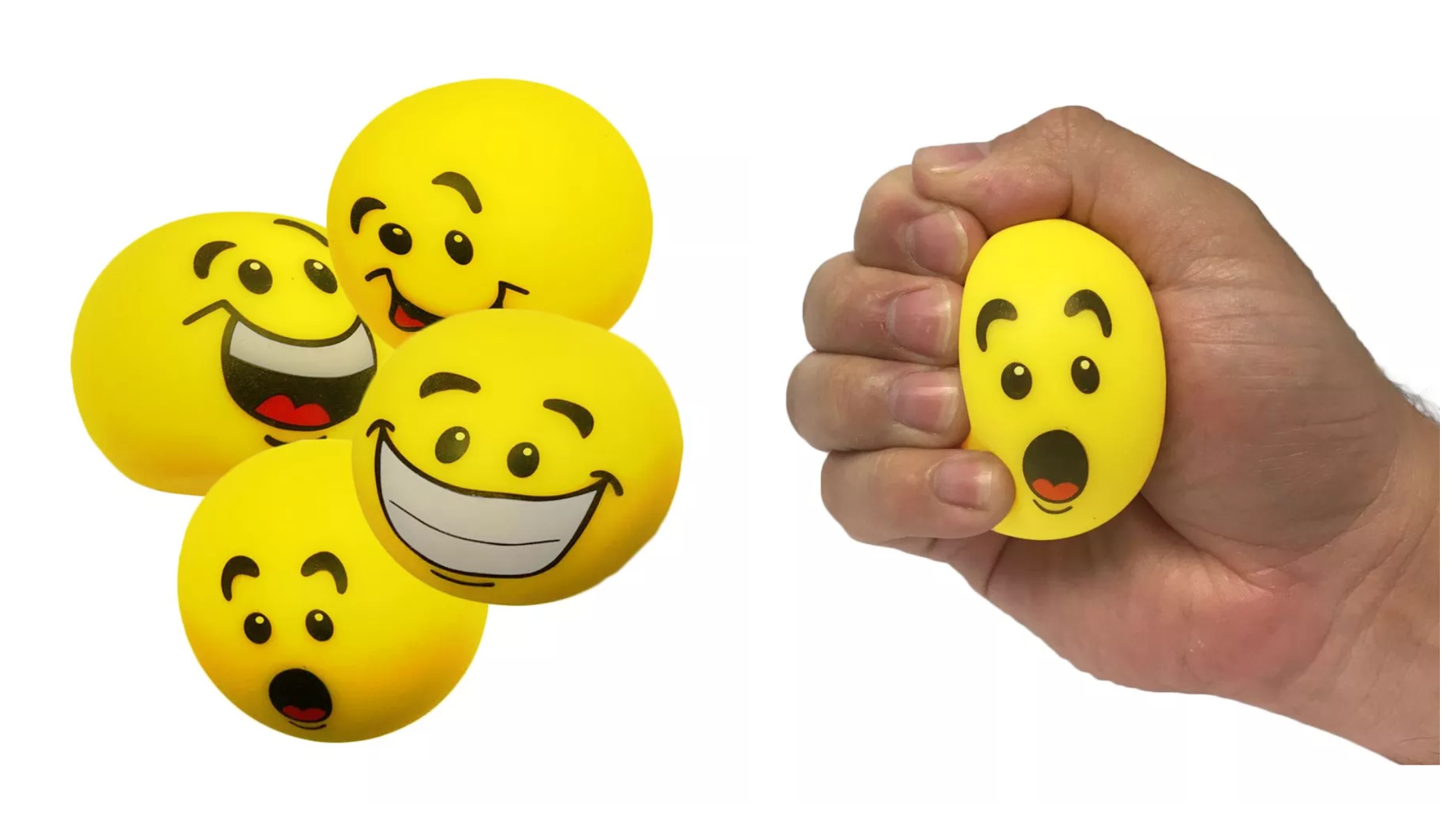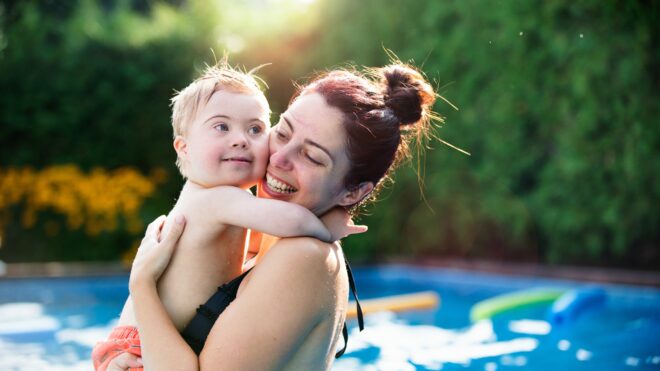
We’ve spoken before on how to support a homesick child while on vacation, but supporting a neurodivergent child on vacation is a whole other kettle of fish. Neurodivergent children may need a little extra help dealing with missing home, unfamiliar sensory experiences, crowds, and any stresses relating to traveling. For kids with ADHD in particular, vacations can be a nightmare.
More from LittleThings: How To Spot The Lesser Known Signs Of Depression In Children
Most children with ADHD have difficulty staying still for long periods of time, which means journeys via car, train, plane, bus, or boat can be stressful for them and the whole family. Staying quiet in a silent museum, sleeping in a busy hotel, or waiting in line for a theme park ride can feel like hell. So how, as a parent, can you help your child overcome these anxieties and help them have fun on vacation?
Practice mindfulness before leaving.
Everyone could benefit from mindfulness now and again, but for neurodivergent folks, it’s a daily necessity. From five minutes of meditation or breathing exercises to body scanning, there are tons of ways to de-stress your kid and set them up for the day ahead. And this goes for before leaving for the airport as well as leaving the hotel every morning for a day's worth of activities.

During a meltdown in a busy and sensory-packed mall or theme park, take your child to a quieter place and remind them to do their favorite mindfulness exercise. Most exercises are designed to be done outside on the go; you don’t always have to be lying in bed with your eyes closed. Practicing mindfulness weeks before the vacation can also give them time to adapt to the exercises — and can overall reduce stress to make the unfamiliarity of the vacation easier.
Chunk activities into manageable parts.
This is actually preferable for any child, never mind a child with ADHD, but breaking vacation activities into smaller chunks is vital for making sure your child doesn’t burn out too quickly. No kid wants to go on a six-hour car ride with no stops, so breaking up trips with anything from a picnic in a park to pausing at a beach or a quick window-shop at a service station will reboot their brains and bodies. There are certain attractions around the world that they say you couldn’t do in a whole day. Whether you’re visiting the Louvre or Disney World, with a kid, you probably shouldn’t try to do it all in one day.

Adults often forget that children don’t have the same stamina as we do, despite any hyperactive boosts of energy they have during play sessions. Whatever activities you plan to do, plan regular breaks, and squeeze some fun stuff between the more adult things. There’s also a huge difference between taking a five-minute sit-down on a bench and having an hour break at the hotel or in the car to play with their fidget toys, let you know anything that’s bothering them, and basically rest their legs. It’s not laziness. It’s not being a party-pooper. It’s essential.
Bring fidget toys.
Speaking of fidget toys, it sounds like a no-brainer, but packing fidget toys — specifically in carry-on luggage — will save your child a lot of stress. Pop-its, fidget spinners, a Rubik's Cube, fidget cubes — the so-called fidget-toy trend may be over on Instagram, but there are still plenty to pick up online. It doesn’t just have to be fidget toys specifically; it can be any toy or item your child feels comfortable with, so long as there’s a repetitive action that comes with it: combing a doll’s hair, pressing buttons on a toy phone, twirling a plushie’s tail, anything.

Though some fidget toys are a little loud, especially spinners and clickers, there are many silent fidget toys out there that your child can carry with them pretty much anywhere — the movies, an art gallery, the zoo. Sensory rings, stress balls, and chewable toys all make no sound, and unless thrown, they won’t disturb other tourists or staff members.
Let staff know in advance.

A temporary support system can be made for your ADHD child in the form of staff and organizers of activity areas. Say you’re going to a theme park: Call ahead and ask the staff there what accommodations they have in place for neurodivergent children. Many parks will have programs especially for children with special needs. These might be quiet tours, early bird hours, quiet zones, and more.

It’s also good to tell staff in advance in case your child has a meltdown mid-show or activity, so they can quickly show you to a safe place. If you’re seeing a show or play and the performers are told that there may be a chance of interruption, they can avoid panic. This also makes sure your child isn’t stuck in the audience or ride while you give context for why they’re behaving like that, or are blamed, and it can avoid disruptions for other families.







